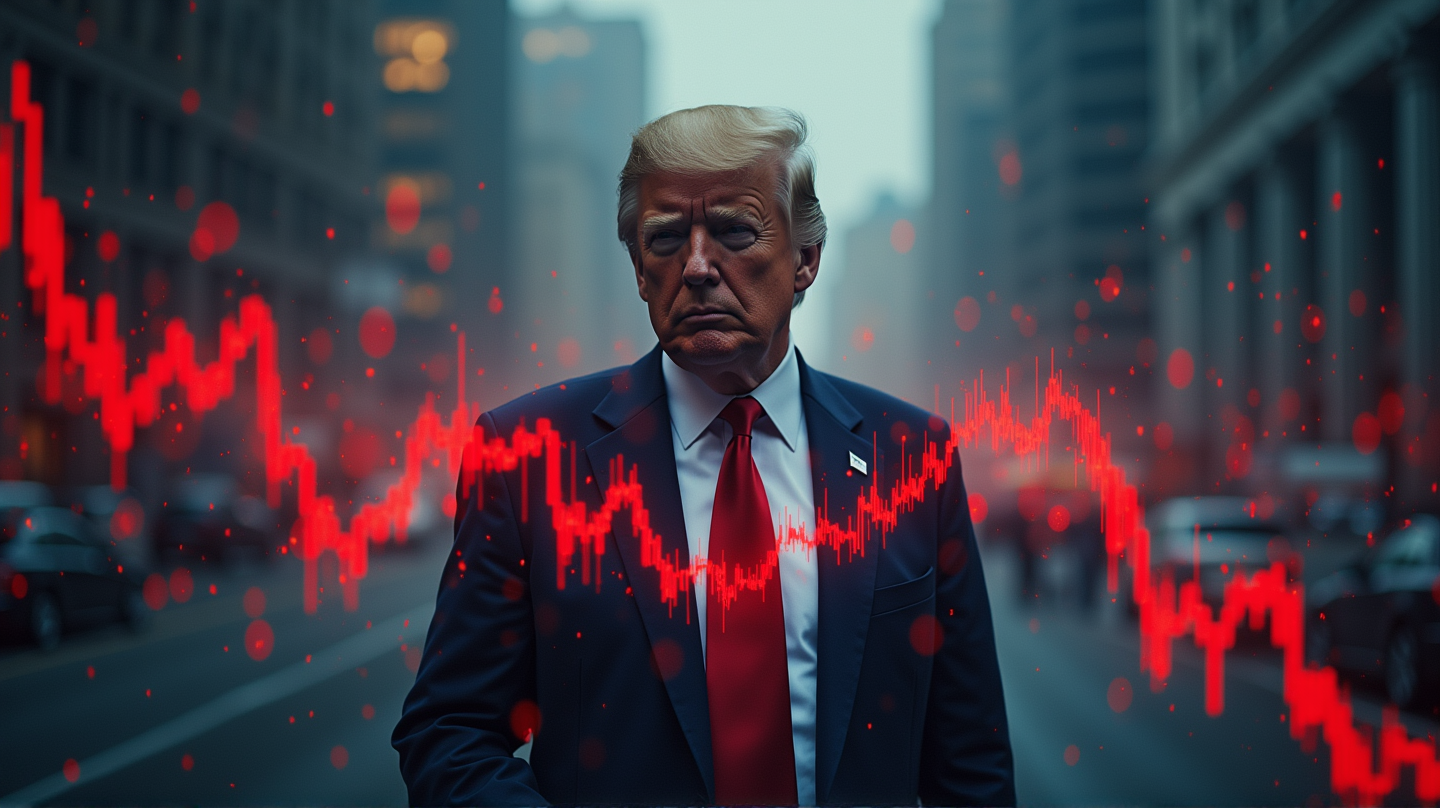Economists Sound Alarm: High Recession Risk Despite Trade Pivot
Despite a strategic trade pivot by Trump, US economists caution about a looming recession. Tariff uncertainties still loom large over economic forecasts.

The prospect of an economic recession in the United States remains a significant concern despite recent changes in trade policies implemented by President Donald Trump. Economists are keeping a close watch, as signs point to economic instability despite Trump’s move to delay major tariffs—highlighting that the risk of recession remains dangerously elevated.
Unsettling Economic Forecasts
Wall Street analysts project a slowdown in U.S. economic growth and persistently high recession risks. Economic predictions from major financial entities like Morgan Stanley, BNP Paribas, and RBC Capital Markets reveal anticipated GDP growth ranging from a mere 0.1% to 0.6% for 2025, with a slightly improved outlook of 0.5% to 1.5% for 2026. These forecasts come amidst expectations of a rising unemployment rate, which could touch 5% as inflation edges upwards.
Tariff Drama: A Double-Edged Sword
The Trump administration’s strategic alteration—90-day tariff pause for several nations, yet increased Chinese tariffs—presents a mixed bag for the economy. While the delay was meant to engender economic stability, the overarching high tariff levels cast uncertainty. This precarious balancing of tariffs keeps the recession specter looming large.
“As stated by The Business Times, any persistent uncertainty from these tariffs will significantly elevate recession probabilities,” cautions BMO Financial Group’s chief economist Douglas Porter.
Stock Market Vs. Economic Reality
Though the stock market has seen a rally following the tariff announcement, it seems to paint an overly optimistic picture compared to the somber forecasts presented by economists. Indeed, the marginal reduction in tariff impact—from 26.85% to 26.25%—does little to assuage fears of an economic downturn.
Institutional Insights
JPMorgan Chase’s chief U.S. economist, Michael Feroli, hints at potential revisions to recession forecasts. Meanwhile, John Williams from the Federal Reserve Bank of New York noted that GDP growth may dip below 1%, aligning with prevailing expert opinions from Wall Street.
The Shadow of Inflation and Unemployment
Economic indicators further echo the concern as estimations from leading institutions suggest rising inflation, from 2.5% in February to a projected 3.5%-4%, and an impending increase in unemployment rates, further straining household spending and economic growth.
The prudent among us would do well to heed these economic forecasts and prepare for any potential downturns, even as policymakers jostle to stabilize the situation.
According to The Business Times, these developments are part of a much broader narrative in global economic dynamics. The question remains: Can the administration’s strategic pivot steer the economy away from looming recession risks?